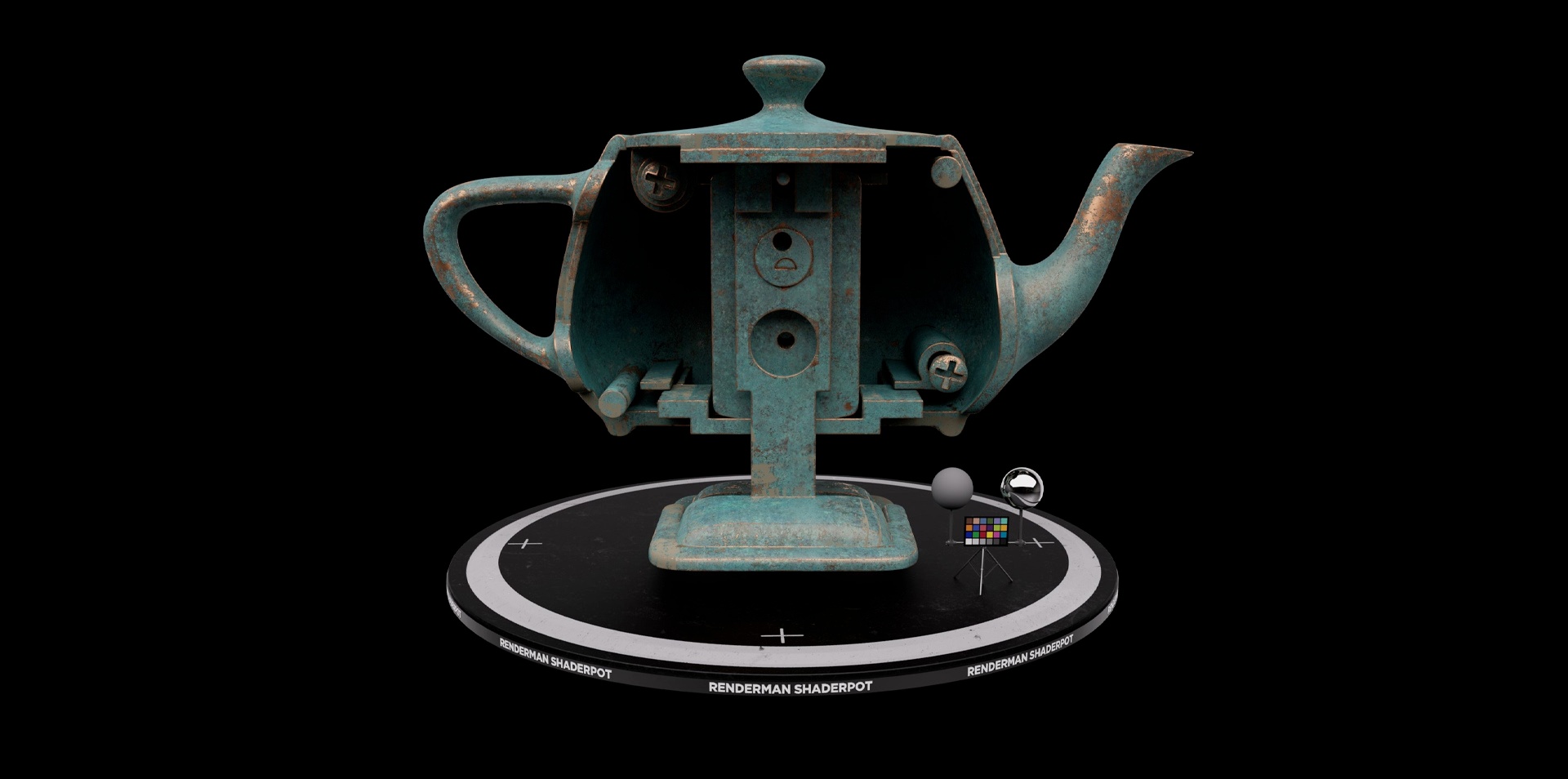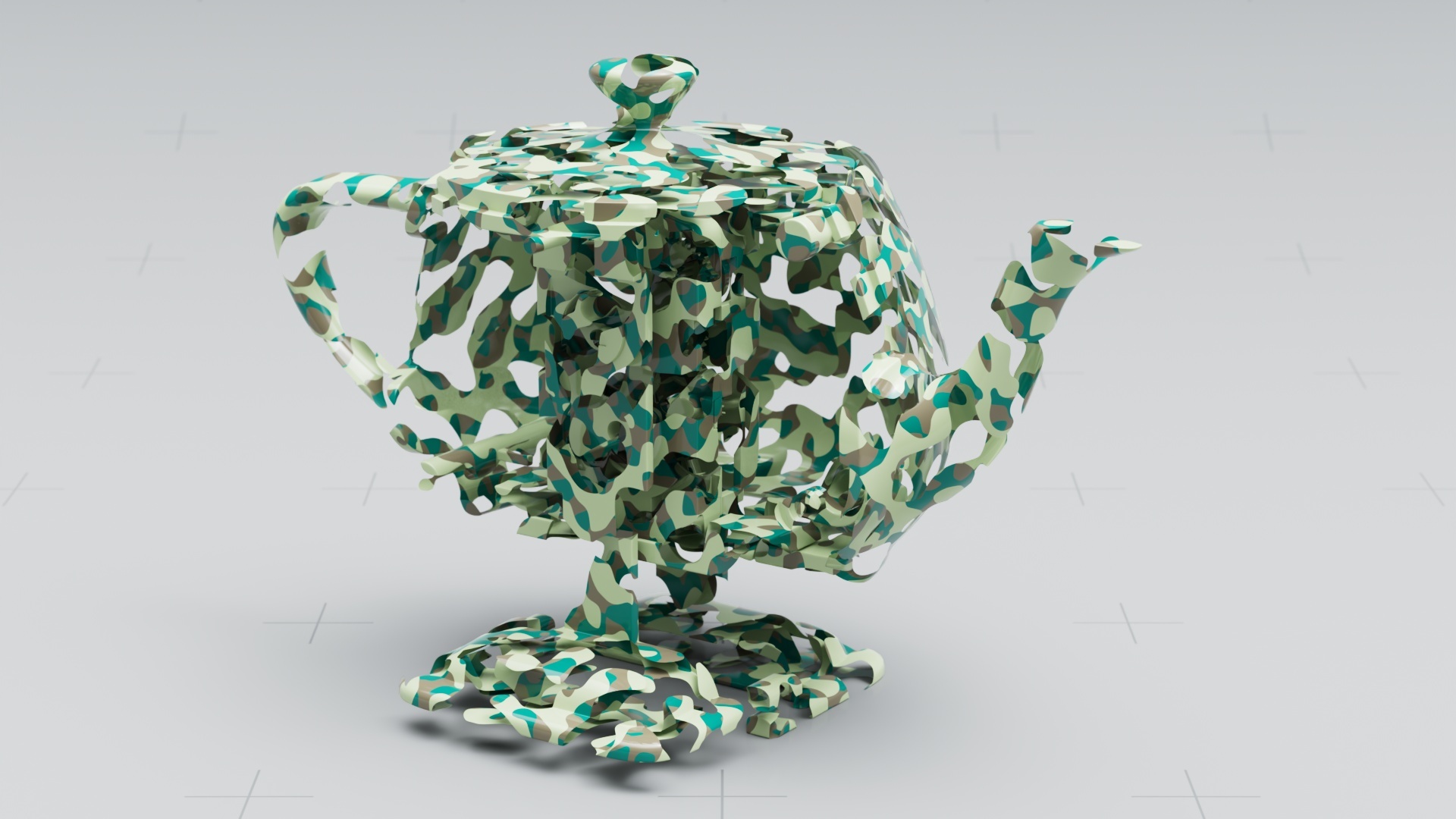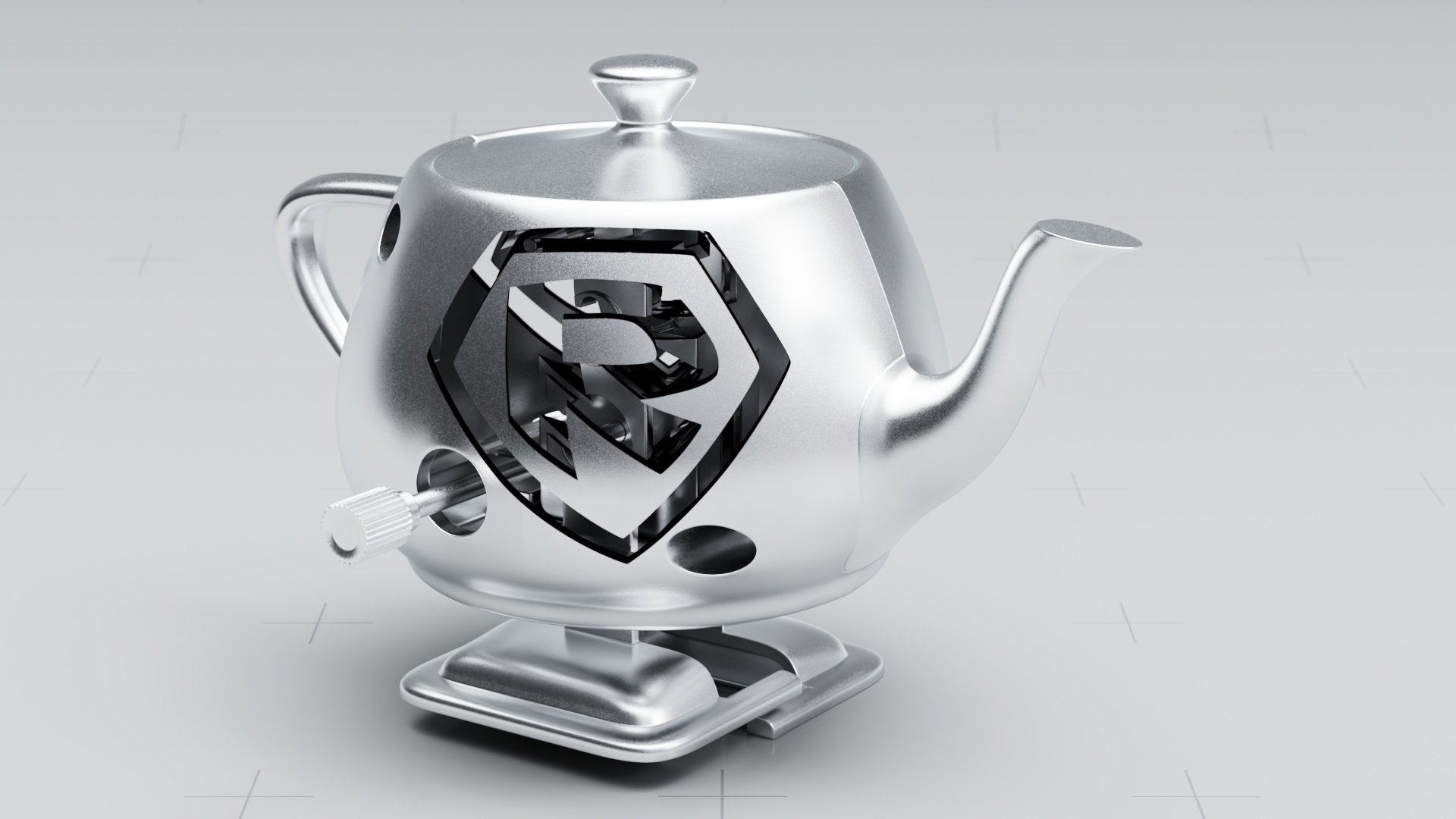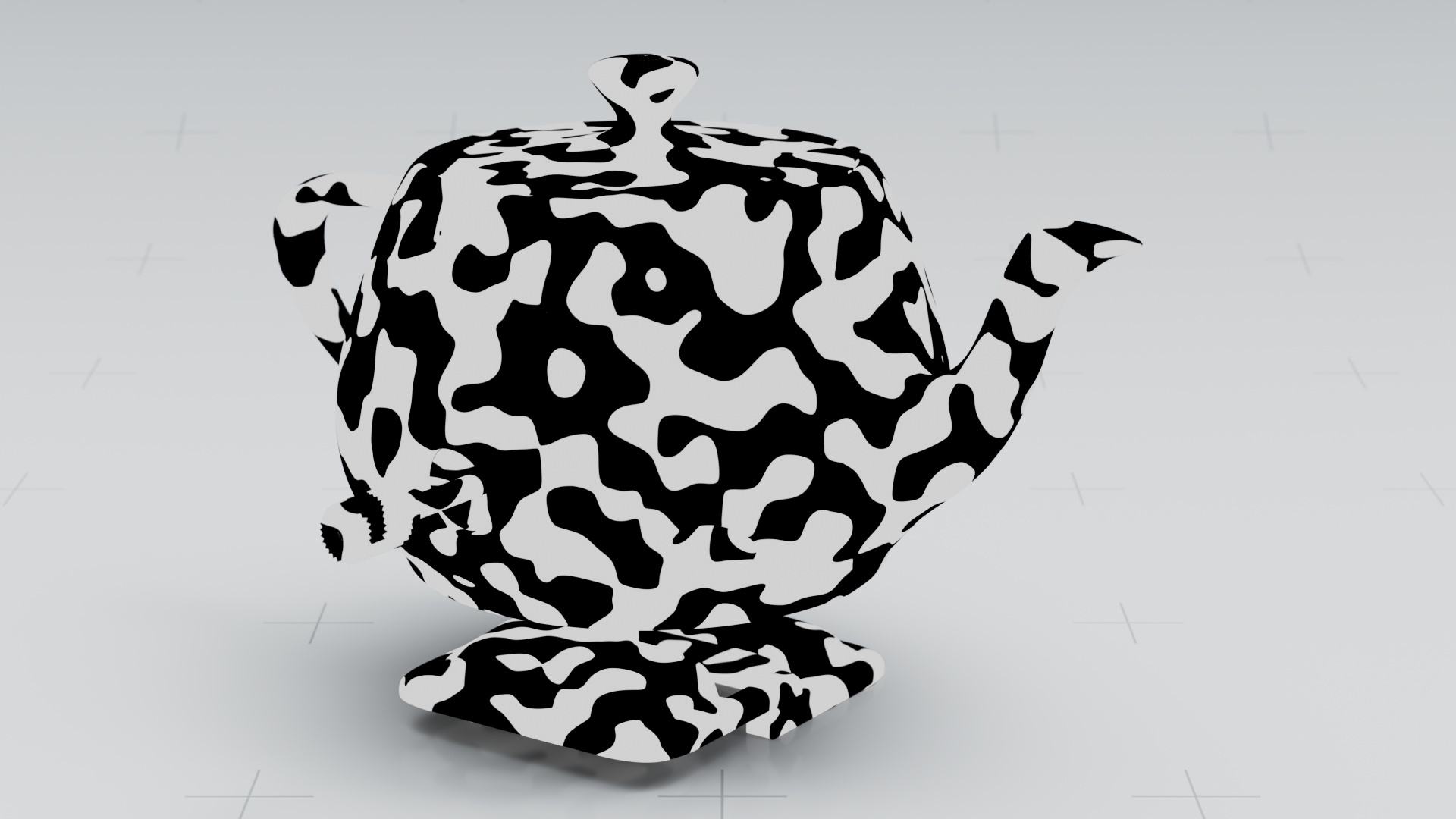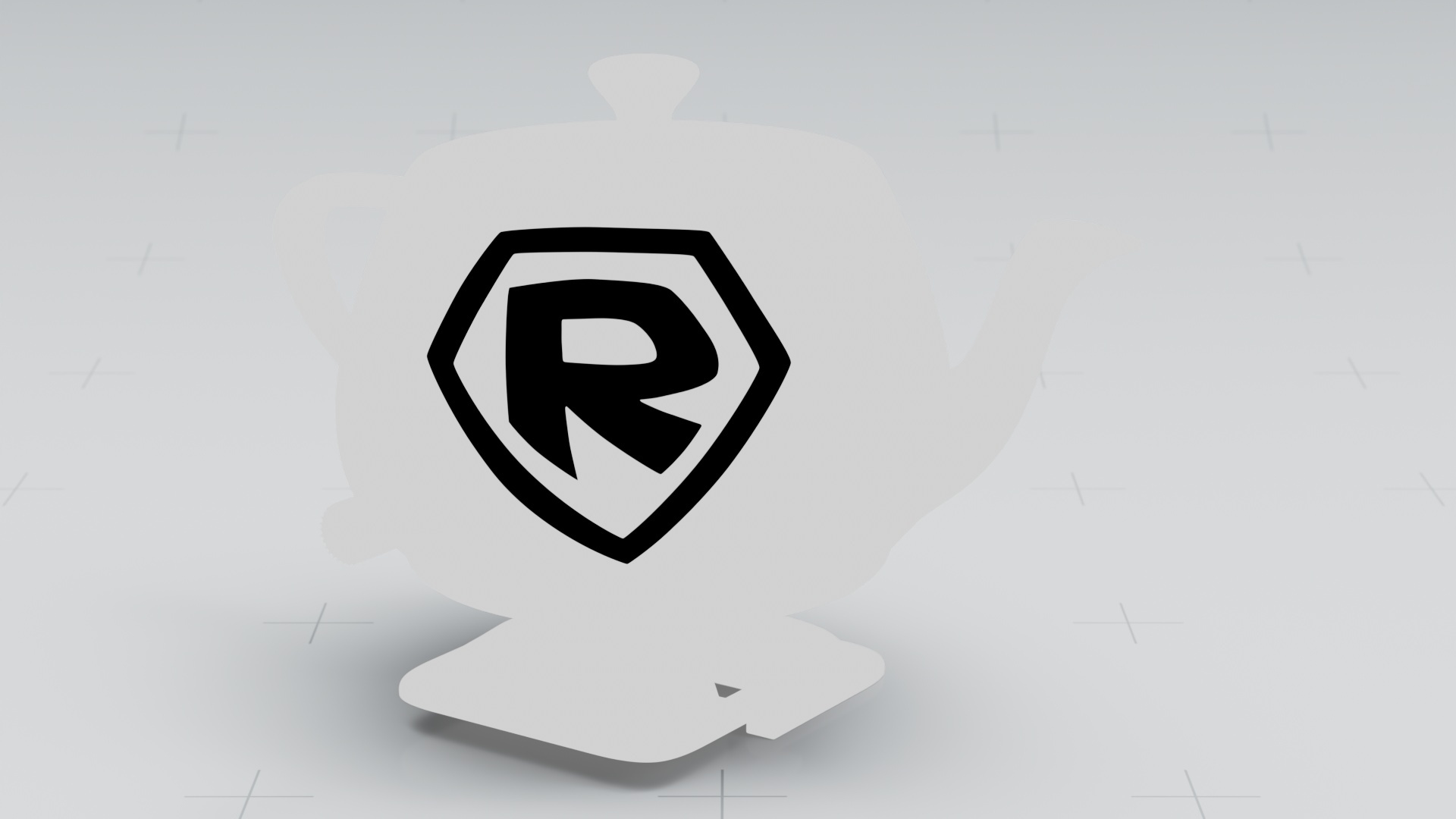Contents
All MaterialX Lama materials need to begin with attaching a LamaSurface node to your geometry.
LamaSurface allows you to create a material and define different materials for the front and back facing surface.
Material Properties
Material Sides
Defines the number of sides a material has, 1 (default) or 2 where a backside can be a different material look.
The above example demonstrates a leaf material on the front side and a gold material on the back side, creating ... GoldLeaf
Material Front
This is the material that defines the front facing result.
Material Back
This connection is available if the Material Sides is set to 2 and defines the look of the backside of the surface.
Presence
This connection is available if enabled in the Features below. This connection allows you to define the visibility of a surface using a pattern connection.
Features
Compute Presence
Allows the creation and connection of a presence setting or connected pattern to control the visibility of the object.
Compute Opacity
This enables or disables the computation of opacity for transmissive materials (like glass). Leaving it off can speed up a render for possible draft or preview renders.
Presence / Opacity Cached
Whether the renderer should cache presence (and opacity) or not. Caching these properties will lead to faster tracing, especially for shadow queries, but can lead to a less sharp result than uncached presence/opacity. (Note that checking either subsurface or interior computation will automatically disable presence/opacity caching.)
Computer Subsurface
This enables or disables the computation of subsurface scattering (when in use). Leaving this off can speed up draft or preview renders.
Compute Interior
This enables or disables the computation of the interior for transmissive materials (like glass). Leaving it off can speed up a render for possible draft or preview renders. If enabled, the Compute Opacity control also needs to be enabled.

